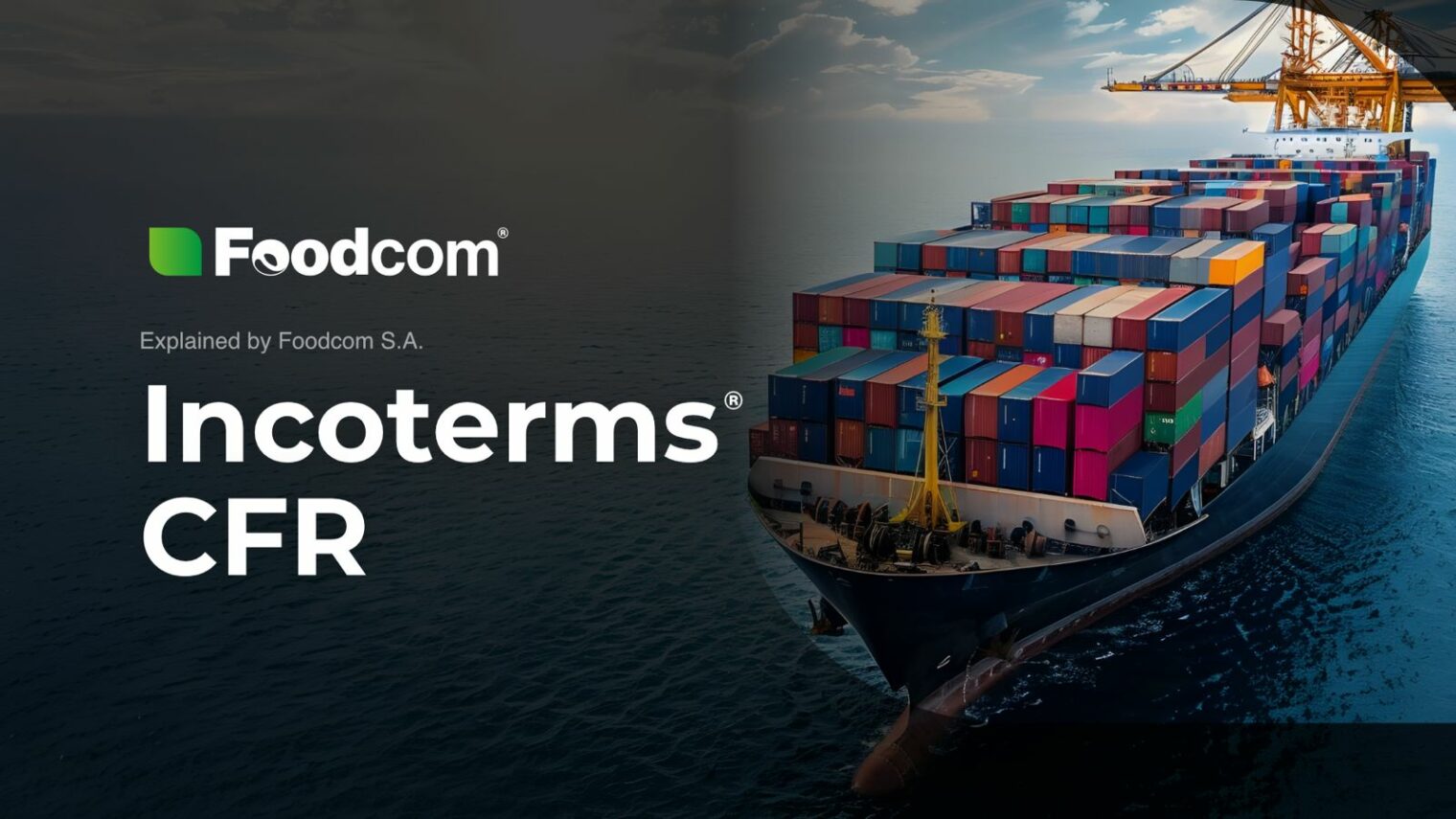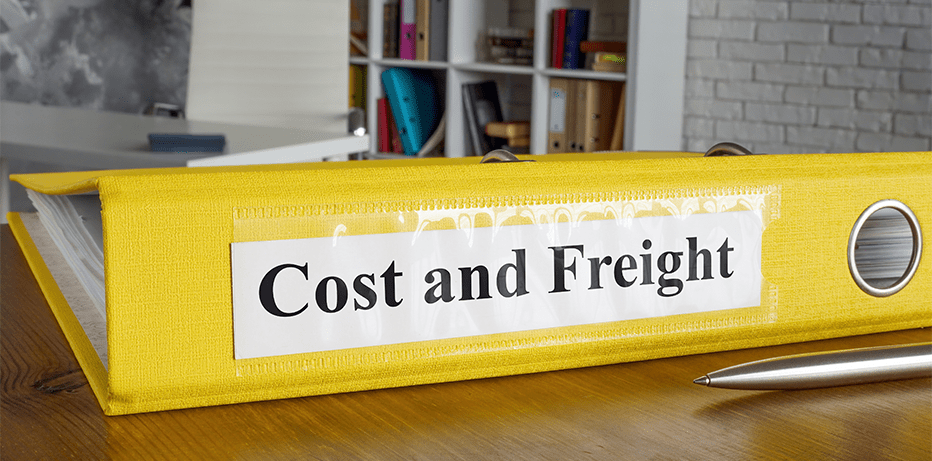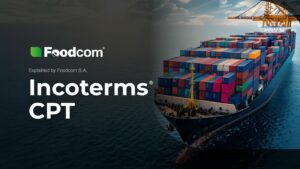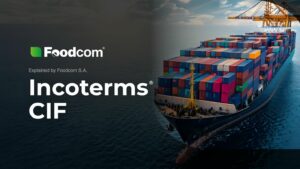- Incoterms are formulas for international trade that specify the terms of sale.
- Under the CFR (Cost and Freight) rule, delivery costs are borne by the seller.
- CFR applies only to sea and inland waterway transport.
Incoterms® rules are used for trade in tangible goods. Although they are optional, they are useful for importers and exporters – they are known and respected worldwide and their use reduces the risk of costly misunderstandings. Incoterms® rules are divided into several groups. If you want to learn more about the rules of one of them – CFR – please read on!
What are the Incoterms® rules?
Incoterms® rules are commercial formulas that define the terms of sale. The name is derived from International Commercial Terms. The rules were developed by the International Chamber of Commerce and first published in 1936. Since then, they have been revised several times, with the latest valid version dating from 2020. The main purpose of Incoterms® is to allocate costs and responsibilities between buyer and seller. They are divided into four groups – C, D, E, F.
CFR Incoterms®: what does it mean?
CFR stands for Cost and Freight. It belongs to group C, which means that the seller enters into the contract of carriage, pays the freight charges and performs export customs clearance. The risk is transferred to the buyer when the goods are shipped, and any additional costs after loading are borne by the buyer. The CFR applies to transportation by sea and inland waterway.
CFR Rule: Terms of Delivery
Generally, under the CFR rule, the seller bears all delivery costs and is responsible for pre-shipment activities, while the buyer assumes the risk from the time the goods are loaded.
Cost Sharing
The seller pays:
- taxes in the country of manufacture of the goods,
- for obtaining an export license,
- for delivery of the goods to the port,
- customs duties in the country of commencement of transportation,
- costs of quality control of the goods,
- transit costs, for issuance of a transport document,
- costs of security clearance for export,
- including security of packaging.
The buyer, on the other hand, bears the costs of:
- taxes in the country of destination,
- insurance during transportation,
- transportation from the port of origin to the place of destination,
- obtaining an import license,
- customs duties in transit countries and in the country of destination,
- fees resulting from transit of the goods,
- notification to the seller of the desired date of shipment of the goods and the port of destination,
- uploading.
Division of responsibilities
The seller’s responsibilities include: loading at the port of origin, entering into the contract of carriage, delivering the goods to the vessel, verifying the quality of the goods, packing the goods safely, complying with all safety regulations for transportation to the port of origin, providing the shipping document, and providing the importer with the information needed to obtain insurance.
In return, the buyer is responsible for: informing the importer of the shipping date and port of destination requested by the importer, receiving the goods at the place and time specified in the contract, unloading the goods at the port and transporting them to the headquarters, obtaining an import license, and inspecting the goods before shipment.
Time of transfer of risk
Under the CFR rule, the transfer of risk occurs when the goods are on board. Additional risk – loss or damage to the goods – may be borne by the buyer if the buyer has not informed the seller of the date of shipment and the port of destination.
Forms of transportation
The CFR applies only to sea and inland waterway transportation and is not applicable to other forms of transportation.
What you should consider when choosing the Incoterm CFR?
Note that the CFR applies only to certain types of transportation – sea and inland waterway. In addition, the seller must provide the buyer with a transport document for the agreed port of destination at his own expense.
It is also important to note that CFR regulations do not require the seller and buyer to enter into an insurance contract. The importer may do so, but must bear the cost.
CFR vs. other rules
There are other Incoterms® rules that apply to goods transported internationally by sea or inland waterway, are closely related to the CFR, and are often used in commercial contracts.
Under the FAS (Free Alongside Ship) rule, the seller merely delivers the cargo alongside the ship in port, with responsibility for the goods passing to the buyer. FOB (Free on Board), on the other hand, still requires the seller to load the goods onto the ship. Similar to CFR is CIF (Cost Insurance and Freight) – under this rule, the seller must provide for the carriage of the goods, but is also required to insure the goods until they reach the port of destination.
Trade with Foodcom S.A.
Incoterms® rules may seem complicated at first sight, but cooperation with Foodcom S.A. will significantly simplify the whole trading process. Our sales team will select the best method of transportation and will be advised by experienced specialists from our logistics department. Cooperation with our sales support department guarantees that the transaction will take place in optimal conditions and that the expectations of Business Partners will be met. At Foodcom S.A. we are able to comprehensively realize even the most demanding transactions. We do our utmost to ensure that the entire process runs smoothly and according to plan.








